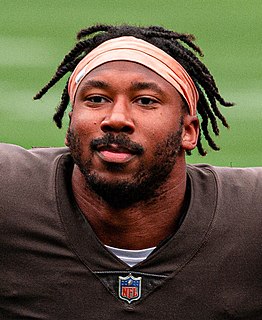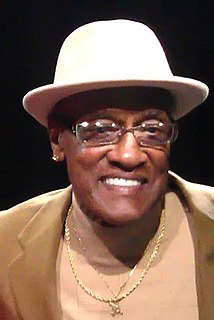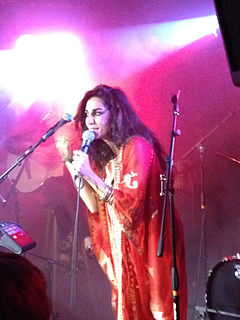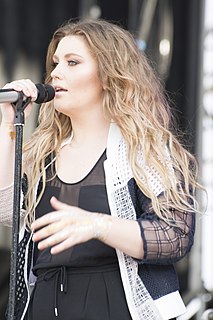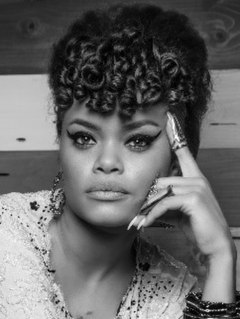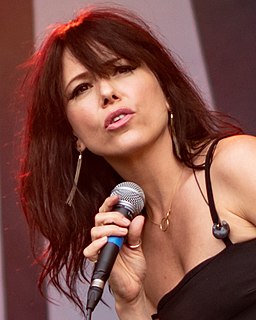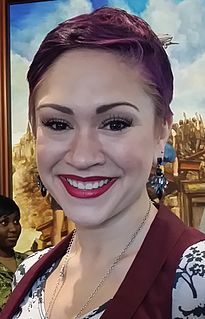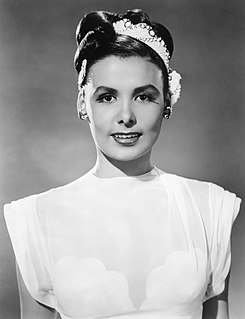A Quote by Myles Garrett
I go back to, like, Ella Fitzgerald, Billie Holliday, Elvis. I listen to everything.
Quote Topics
Related Quotes
After my early days of being a passionate young Elvis fan, Chuck Berry, Little Richard, etc. I got interested in Ray Charles and Ella Fitzgerald. Then I got turned on to the blues. I realized how important it was to our music in England at the time. Everyone was into the blues. Then you start looking at the different kinds of blues, and you follow the journey backwards from Chicago to earlier times back down to the Delta to the Memphis Blues.
